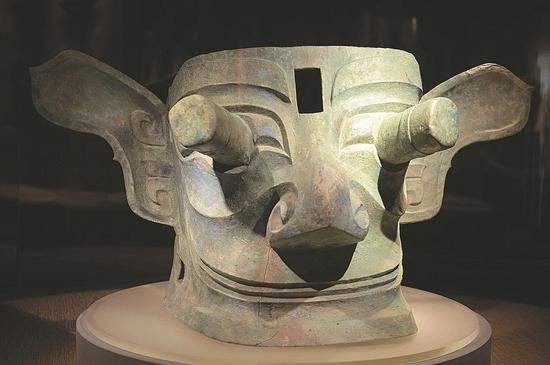
A bronze mask is displayed at Sanxingdui Museum. (Photo: China Daily/Yu Dangping)
For example, he considers the rich historical documents of ancient China to be crucial references for archaeological studies.
In addition, he said, "We have to maintain frequent communication with foreign scholars and absorb new achievements from international academia. Learning from each other, we can jointly contribute to the general development of the world's archaeology."
More than 700 archaeologists attended the three-day Chinese Archaeology Congress, one of the highest-level academic forums for archaeological studies in China, or joined the conference via video link.
Over 60 archaeologists from about 30 other countries also sent congratulatory messages to the congress, and scholars from nine countries, including the United States, the United Kingdom and India, participated in the conference via video link.
"The last 100 years' archaeological research in China, mostly done by Chinese archaeologists, has really transformed our understanding of a global and human story," said Ian Hodder, a British archaeology professor at Stanford University, in a prerecorded video clip congratulating the congress and the centenary of the birth of modern Chinese archaeology.
"Chinese archaeology is an important contribution to the world's archaeology," he added.
The Chinese Archaeology Congress includes 23 professional committees, which are not only based on scholars' expertise in studying different historical periods, but also reflect recent years' interdisciplinary research involving zoology, botany and environmental sciences, among other fields.
Song Xinchao, deputy director of the National Cultural Heritage Administration, said, "When we speak of archaeology with Chinese ethos, we're not talking about how massive our excavations would be or how fruitful the artifacts we'd unearth.
"Following the guidance, we need to comprehensively understand the evolution of Chinese culture through studies of various sites, and thus how they contributed Chinese wisdom to the modern world," Song said.
At the conference, he also vowed that the administration will improve working conditions for archaeologists and cooperate with universities to train more experts for positions where they are urgently needed.








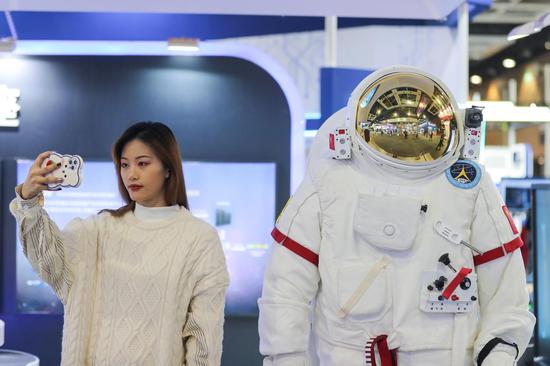
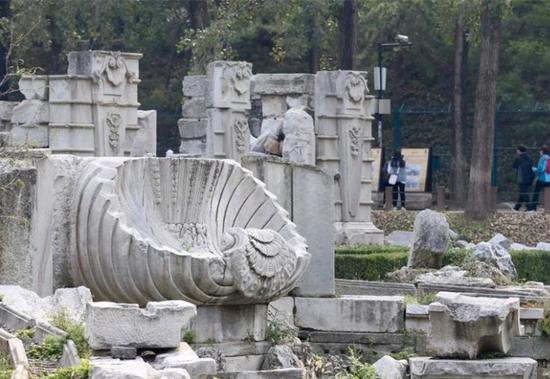
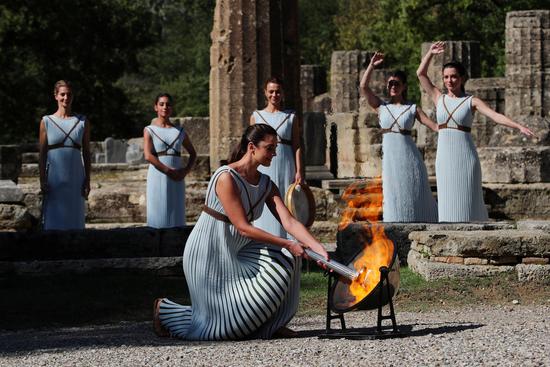
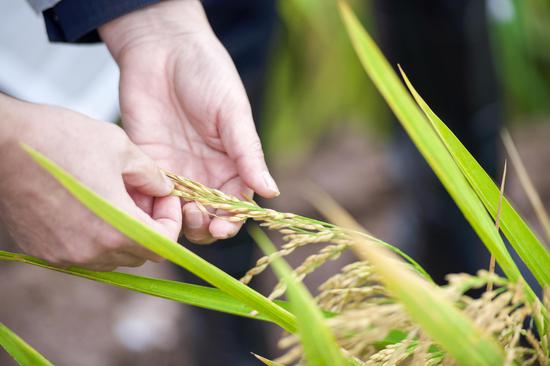
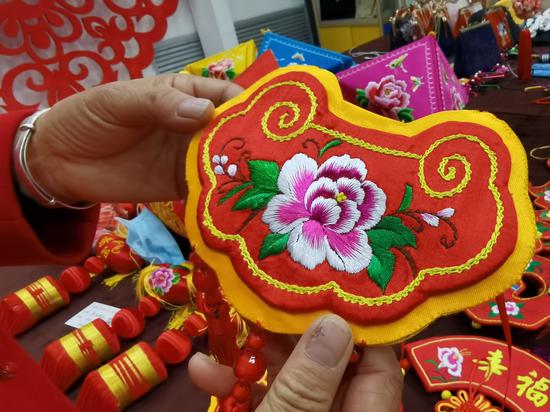
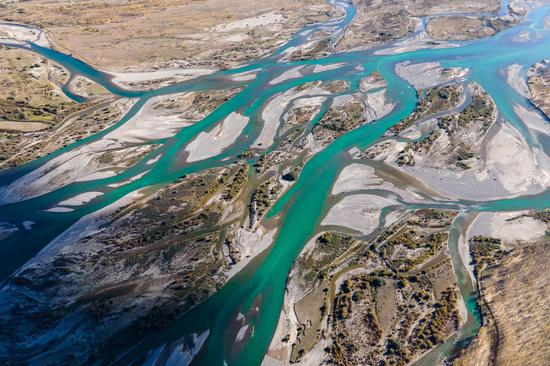
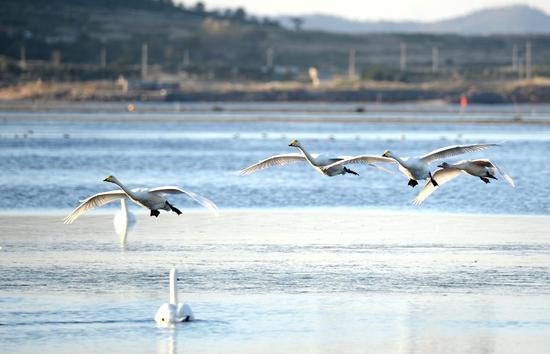

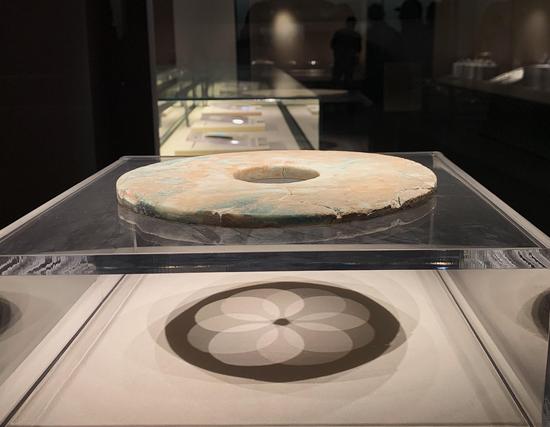

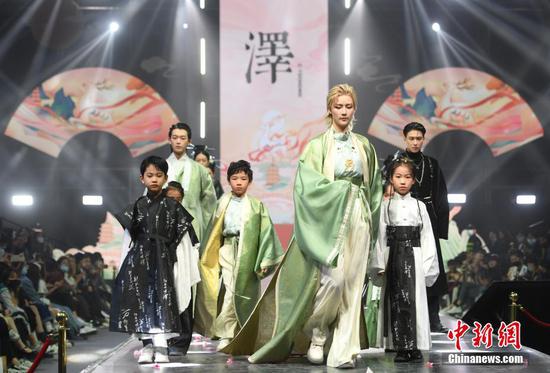
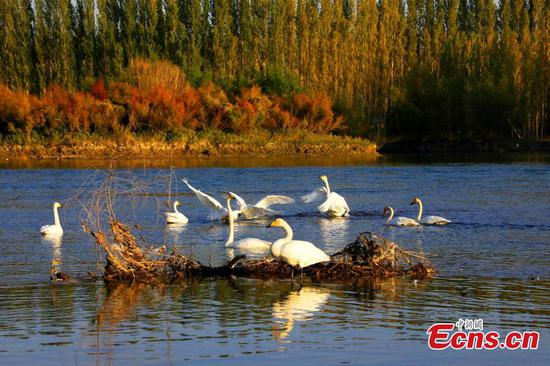

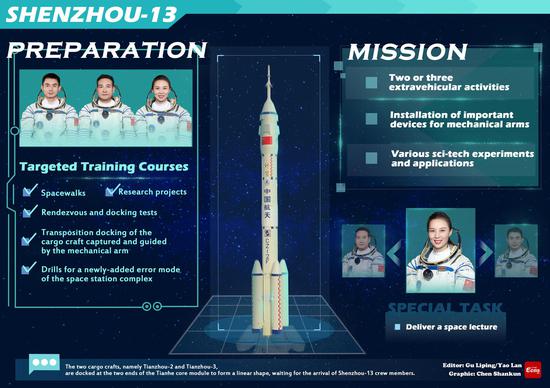
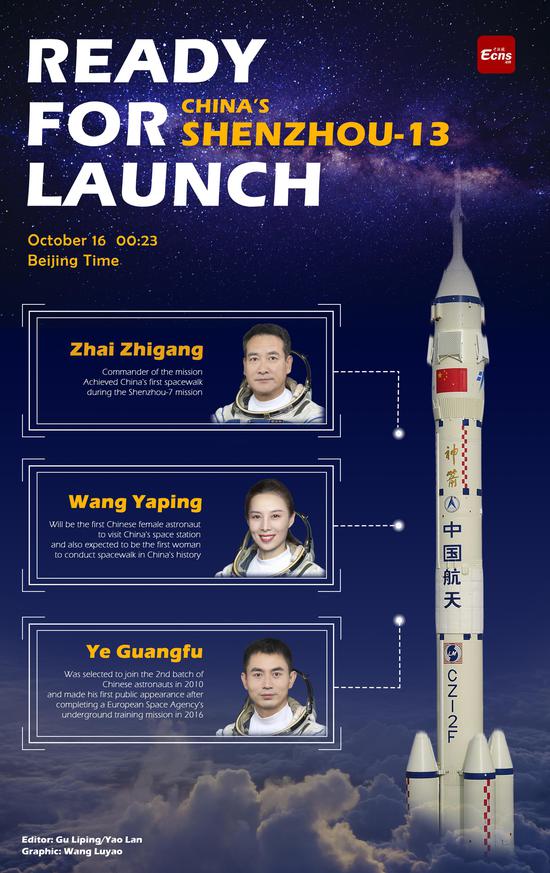

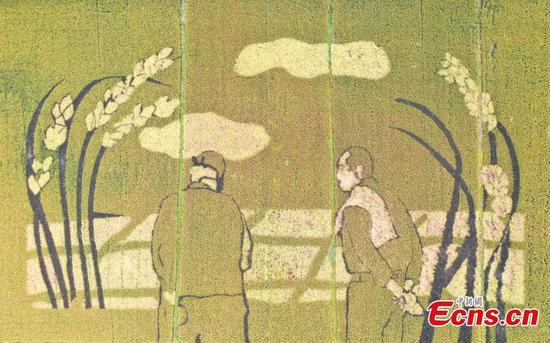
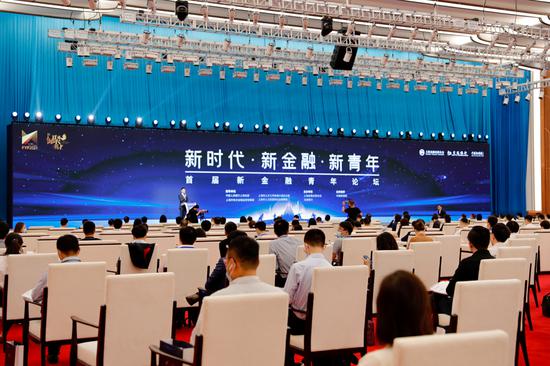
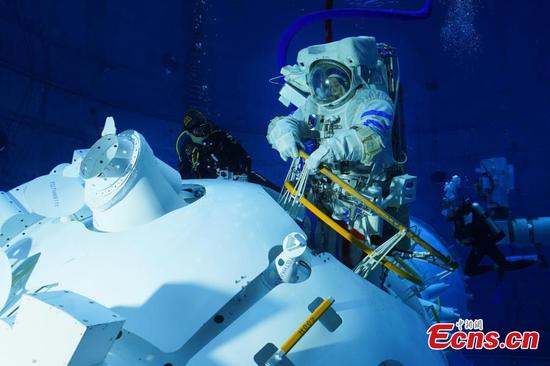
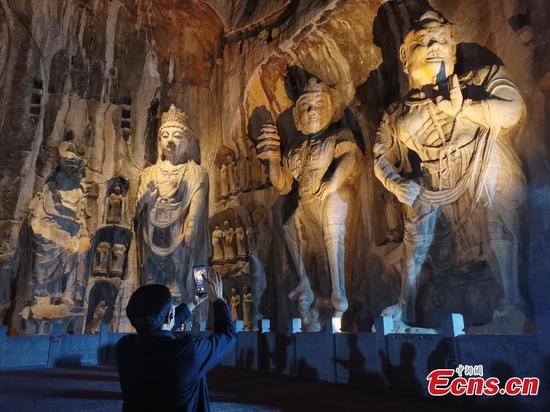
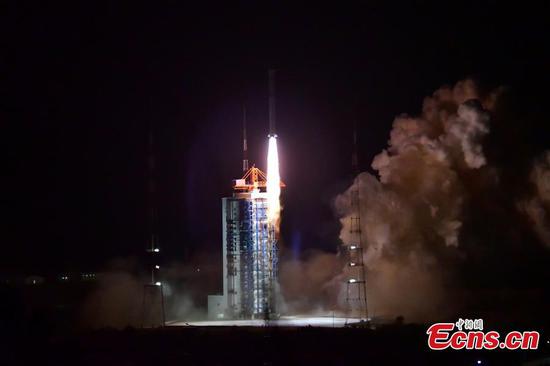
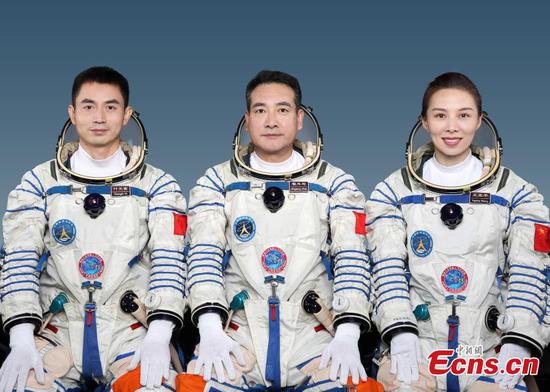
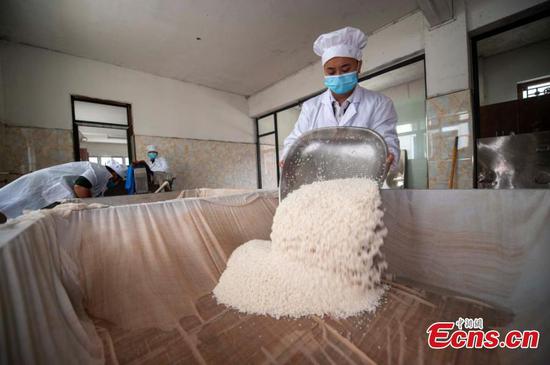
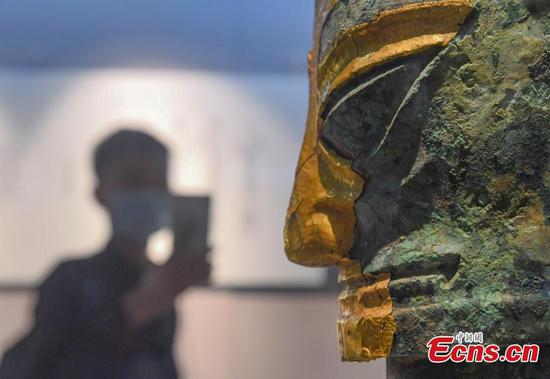
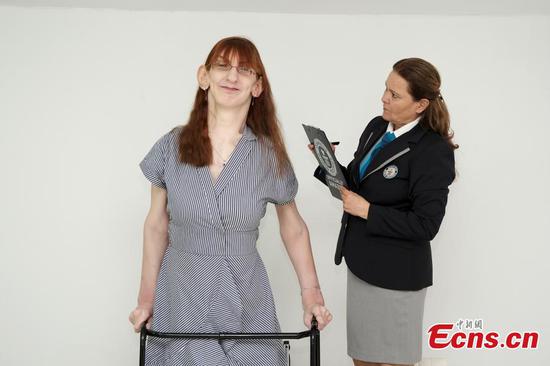
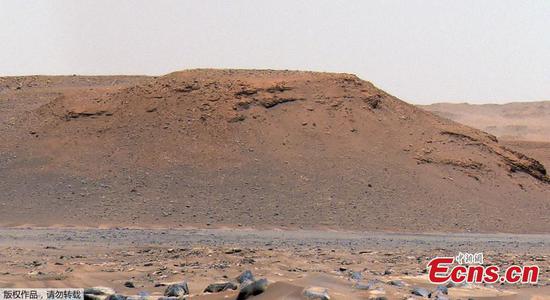
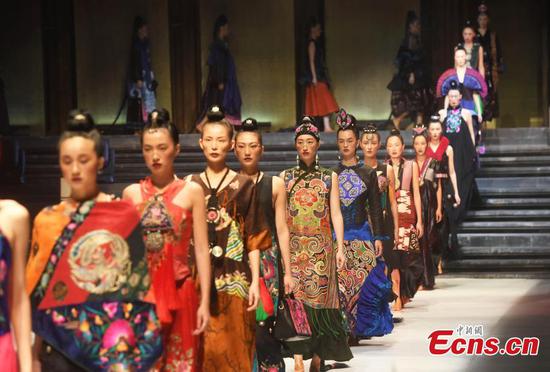
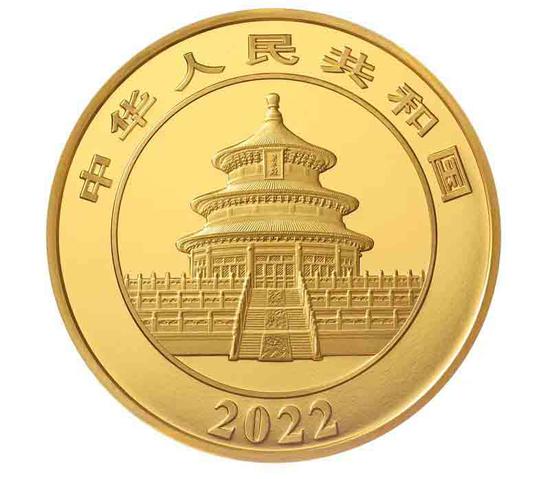
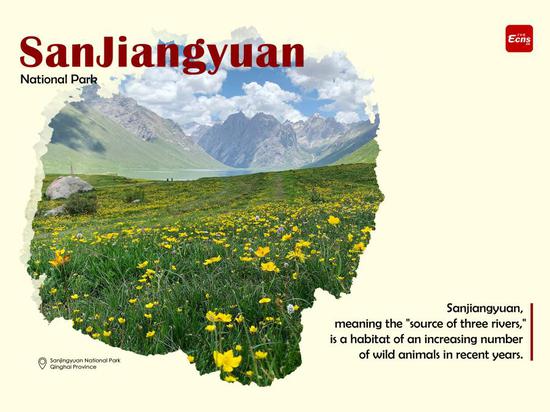
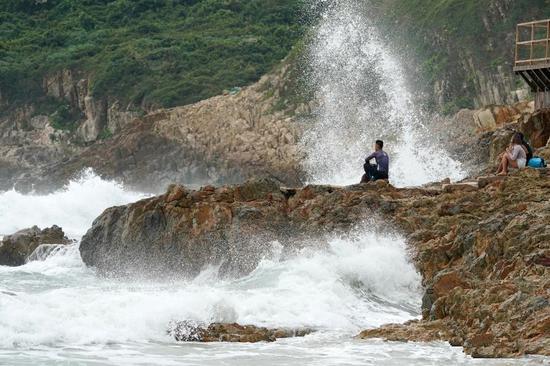
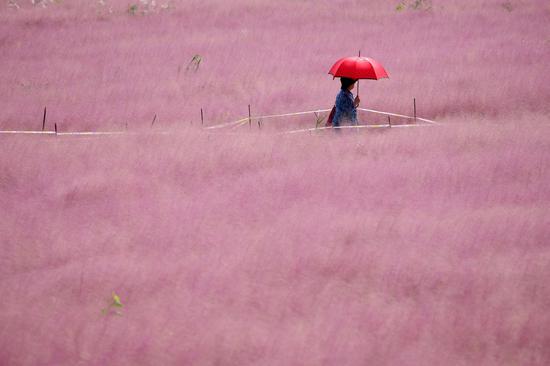
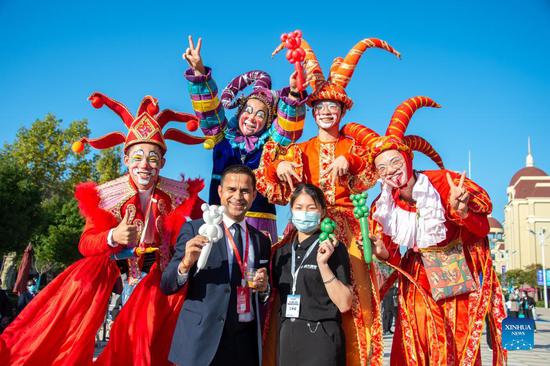
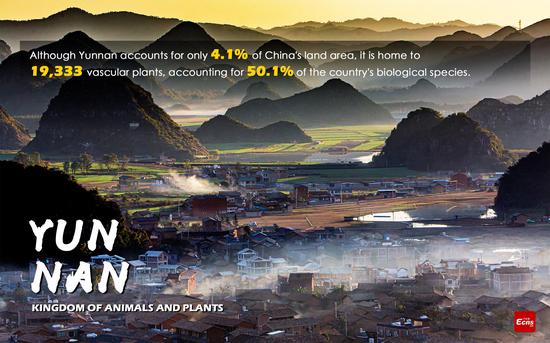
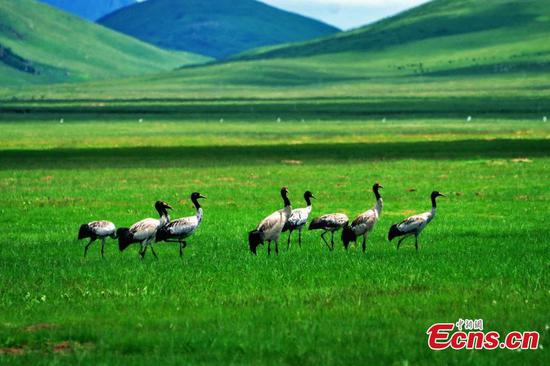
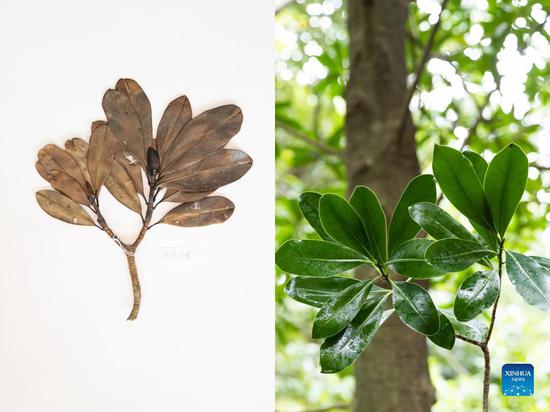
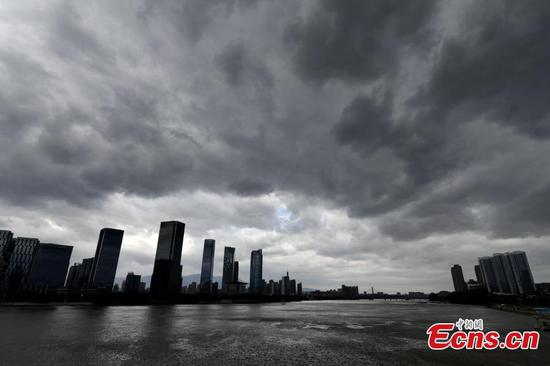
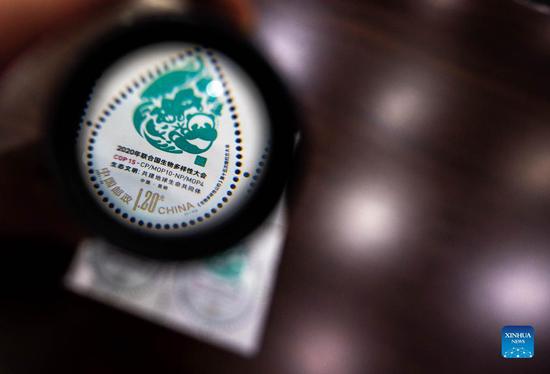





 京公网安备 11010202009201号
京公网安备 11010202009201号
